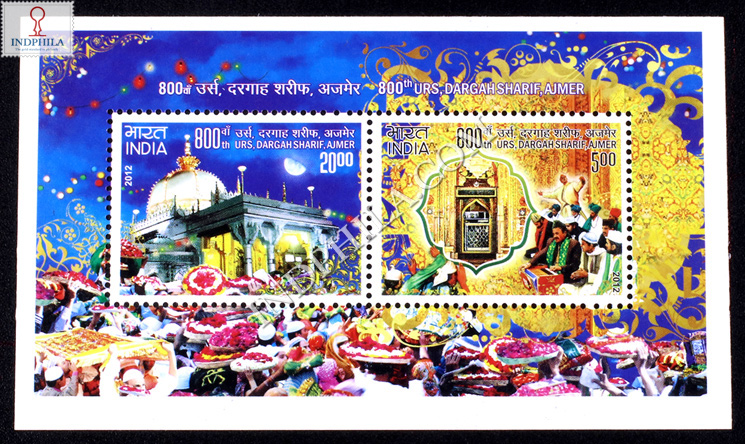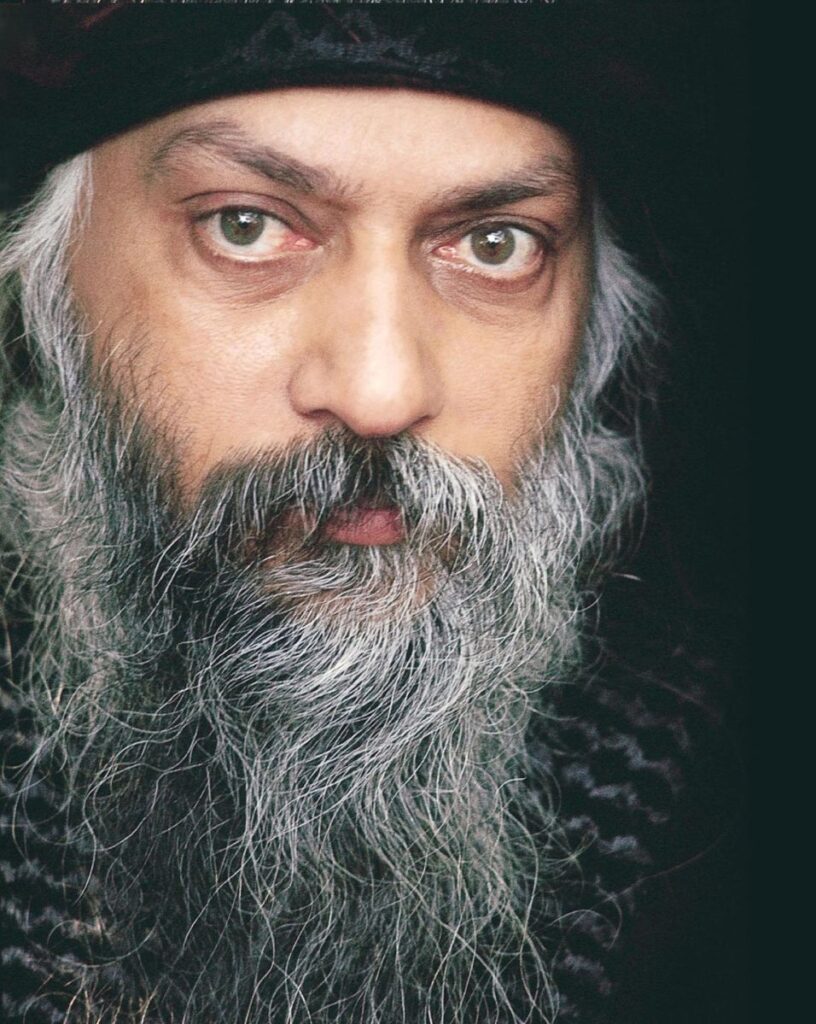
I have heard a story. It happened in Ajmer… You must have heard about one Sufi mystic, Moinuddin Chishti, whose dargah, whose tomb, is in Ajmer.
Chishti was a great mystic, one of the greatest ever born, and he was a musician. To be a musician is to be against Islam because music is prohibited. He played on the sitar and on other instruments. He was a great musician and he enjoyed it. Five times every day, when a Mohammedan is required to pray the five ritual prayers, he wouldn’t pray, he would simply play on his instrument. That was his prayer.
This was absolutely anti-religious but nobody could say anything to Chishti.
Many times people would come to tell him so and he would start singing, and the song would be so beautiful they would forget completely why they had come. He would start playing on his instrument and it would be so prayerful that even scholars and pundits and maulvis who had come to object, wouldn’t object. They would remember at home; when they were back at home they would remember why they had come.
Chisthi’s fame spread over the world. From every part of the world, people started coming. One man, Jilani, himself a great mystic, came from Baghdad just to see Chishti. When Chishti heard that Jilani was coming he felt, “To pay respect to Jilani it will not be good to play my instrument now. Because he is such an orthodox Mohammedan, it will not be a good welcome. He may feel hurt.”
So only for that day, in his whole life, he decided he would not play, he would not sing. He waited from morning and in the afternoon Jilani came. Chishti had hidden his instruments.
When Jilani came and they both sat in silence, the instruments started to make music — the whole room was filled. Chishti became very puzzled over what to do. He had hidden them, and such music he had never known before.
Jilani laughed and said, “Rules are not for you, you need not hide them. Rules are for ordinary people, rules are not for you — you should not hide them. How can you hide your soul? Your hands may not play, you may not sing from your throat, but your whole being is musical. And this whole room is filled with so much music, with so many vibrations that now the whole room is playing by itself.”
Osho in A Bird on the Wing
Image: India commemorative postage stamps issued in 2012 on the occasion of the 800th Urs of Khwaja Moinuddin Chishti at Dargah Sharif, Ajmer. His tomb is one of the most important religious sites in Sufism.

Acharya Rajneesh (1931-1990), known later as Osho, was an Indian godman, philosopher, mystic and founder of the Rajneesh movement. He was viewed as a controversial religious leader during his life. He rejected institutional religions, insisting that spiritual experience could not be organised into any one system of religious dogma. He advocated meditation and taught a unique form called dynamic meditation. Rejecting traditional ascetic practices, he asked his followers to live fully in the world but without attachment to it. Pic courtesy: https://www.sannyas.wiki
